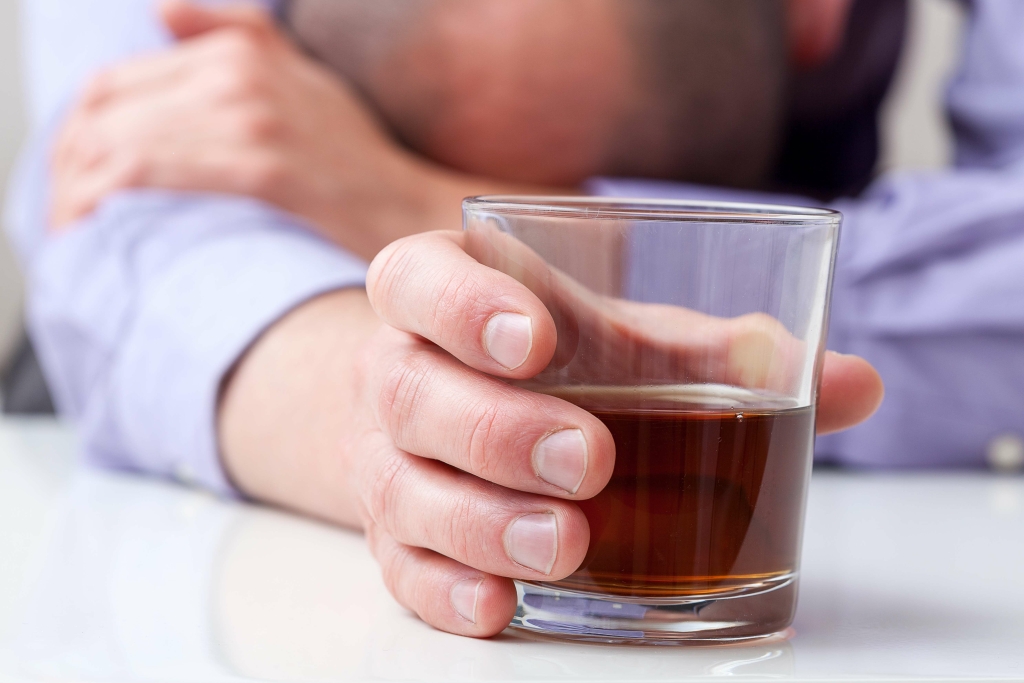- You have no items in your shopping cart
- Subtotal: $0.00
Comparing the emotions that come up when you have a drink with the feelings you experience when abstaining also helps you recognize when drinking doesn’t fix the problems you’re trying to manage. All the same, “a quick drink” often turns into three or four drinks. When you’re having a good time, you find it hard to stop, especially in the company of friends having the same amount. For instance, many people binge drink on the weekend without drinking during the week. They may have a mild-to-moderate substance use problem without being chemically dependent.
- Tapering off alcohol requires careful planning and may include the use of medications to assist in the process.
- The point is that eventually, your craving will go away — the wave will crash.
- Instead of aiming for complete abstinence, for instance, aim to drink fewer than seven days a week.
- A sample taper schedule involves calculating the number of drinks consumed per day.
- We publish material that is researched, cited, edited and reviewed by licensed medical professionals.
- If you feel more severe symptoms, such as paranoia, increased pulse, or tremors sometimes called alcohol shakes, you should taper more slowly and consider seeking professional help.
Does Alcohol Tapering Work?

Other people use medication-assisted treatment, which can help reduce alcohol cravings as you cut back. Lastly, engaging in alcohol therapy can also make a major difference in your healing journey. A therapist will work with you to create a personalized plan for cutting back and provide ongoing guidance and accountability.
Tapering Off Alcohol vs. Going Cold Turkey
The brain compensates for the depressive effects of alcohol by increasing its activity. If you’re addicted to alcohol, it’s unlikely that you’ll be able to recover without some form of addiction treatment. You may be able to detox at home and recover from alcoholism with the help of support groups such as Alcoholics Anonymous.
How to Safely Wean Yourself off Alcohol Dependency
Relapses happen during rehabilitation, but what’s important is how you move forward from it. You may want to talk with a loved one or therapist about why it happened and what Top 5 Advantages of Staying in a Sober Living House you can do differently next time. Keep it interesting and varied with sparkling water, virgin cocktails (also known as mocktails), fruit juices, low-fat milk, or kombucha.

Once you’ve passed the initial stage of withdrawal, the process of recovering from alcoholism can still take some time. Changing daily habits, avoiding drinking triggers, managing anxiety or insomnia as your internal chemistry rebalances, and rebuilding your social life are among the challenges you may face. This isn’t always necessary, but some people prefer to go straight through withdrawal—the equivalent of ripping off a band-aid.
- But that does not mean home detox is effective, appropriate, or safe.
- If you or a loved one is struggling with alcohol addiction, contact us to learn more and get started with alcohol addiction treatment.
- This should, of course, still be done under the care and supervision of a medical professional at a treatment center specializing in medical detoxification.
What to Do if You Lapse or Relapse
The exact symptoms of alcohol withdrawal depend upon how much you drink and your individual body chemistry, but they tend to follow a similar pattern. Alcohol is a depressant, so your nervous system compensates for long-term heavy drinking by becoming more hyperactive. The biggest issue with cold turkey is that withdrawal https://thearizonadigest.com/top-5-advantages-of-staying-in-a-sober-living-house/ symptoms can be severe enough to threaten a person’s safety. This option is increasingly popular—especially during the pandemic era. Online programs let you consult with doctors and recovery coaches over video chat, access anti-craving prescriptions, join virtual support groups, and track your progress digitally.
Understanding the Role of Alcohol Tapering in Treatment
- Withdrawal usually begins 6 to 8 hours after the last drink and peaks within 72 hours.
- For those at risk for severe withdrawal symptoms, medically-supervised detox is often the safest choice for beginning their sobriety or moderation journey.
- But deciding to cut back on drinking is much more important than the length of your alcohol taper.
- Contact us today to speak with a representative and begin on the road to lasting addiction recovery.
- Follow-up research suggested that most tended to drink in healthier amounts afterward.
- Dr. Streem says that if your goal is to stop drinking altogether, you’re more likely to have success quitting all at once, rather than weaning off alcohol.

